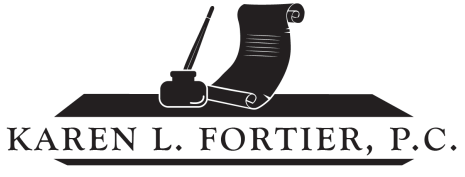Elder Law
Elder law is not just for the elderly and it is not just one narrow area of the law. It is true that the inquiries we receive about “elder law” usually do involve concerns about an elderly loved one who seems to be having some problems. But we see it as a combination of family law, contracts, asset protection, nursing home rules, insurance and public benefits law, health care and many other issues.
One problem usually suggests that there are additional issues that should be examined. For example, if there are cognitive problems (like dementia), there also may be creditor issues, abuse or exploitation, lapses in insurance due to non-payment, relationship issues due to the loved one’s denial about the cognitive problems, and so on. It is vital that the loved one and his or her family consult with a lawyer who has the experience and ability to recognize the domino effect of cognitive problems. The consultation is best done early in the process, as soon as possible after problems have been identified even if there has been no official medical diagnosis.
Develop a Plan
What are some of the goals to consider in seeking Elder Law advice? The primary goal is the safety and security (both financial and personal) of your loved one. We would work to develop a plan to ensure that all proper legal documents are in order (such as a Will and/or a Trust, financial power of attorney and medical power of attorney). A “chain of command” should be established so that a trusted family member, friend or agency is ready, willing and able to assist. Personal records of health history and financial holdings (including deeds to real estate) should be located. The status of all accounts, life insurance policies and beneficiary designations should be determined. The same is true of all income sources (pensions, Social Security, annuities, military benefits).
There are many helpful resources in the community that are provided by private non-profits, city and state authorities. Among those resources are respite care (generally for a fee based on the recipient’s income), real estate tax relief, adult protective services through the local Department of Human Services and assistance in completing Medicaid applications.
When choosing your Elder Law attorney, keep in mind the importance of maturity as well as the reputation, experience and educational background of the lawyer.
Please see the “Links” section on this website for additional ideas and guidance.

